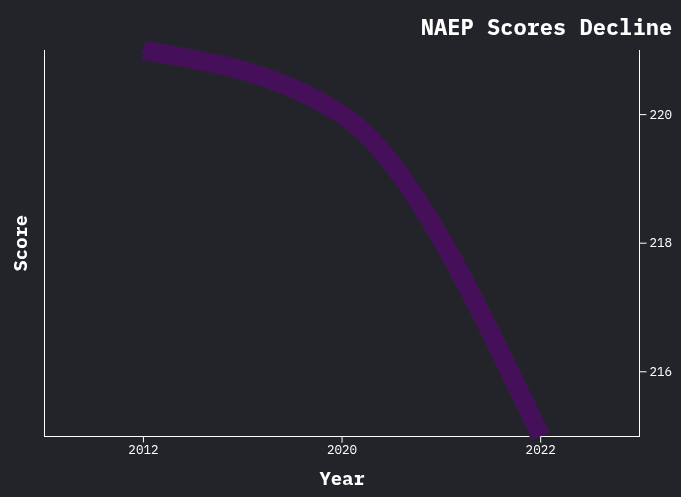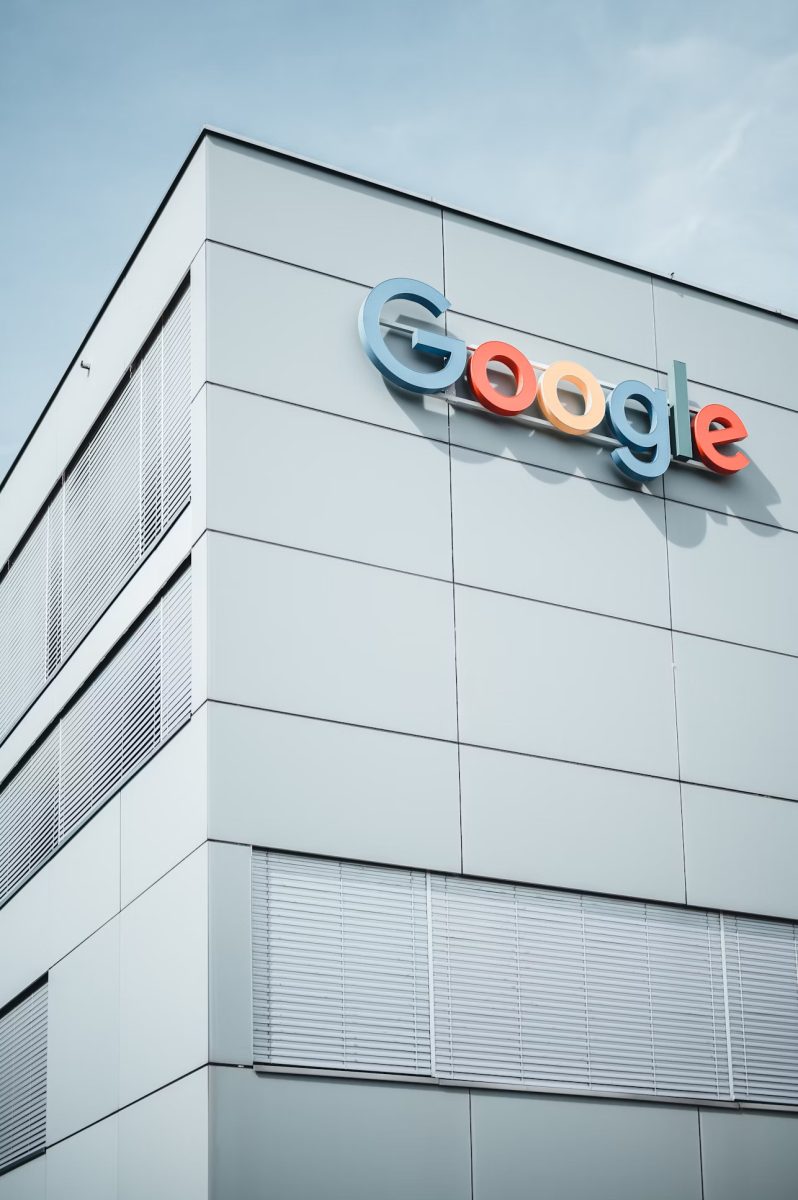In the past 10 years, the tech world has seen massive innovation. But through it all, only a select few companies have truly controlled the space. Companies like Apple, Amazon and Meta (formerly Facebook) often make headlines, but companies like Google and Microsoft quietly sit running the show from the background.
These two tech giants have adapted to every major shift. Microsoft went from “the guys who made Windows” to a cloud computing powerhouse with their newest venture Azure and their innovations in AI through its partnership with OpenAi. Meanwhile, Google hasn’t just stayed relevant – it’s embedded in our everyday lives from services like Youtube, Gmail and their largest, the Google search engine.
While new companies do emerge, like Tiktok’s parent company Byte Dance, they still rely heavily on the infrastructure or platforms designed by these giants. That leads to the question: is disruption even possible at this stage?
It’s really not about technology anymore, it’s about the ecosystem. Companies like Microsoft and Google are creating environments other companies rely on. Businesses use Microsoft Office and Teams. Developers rely on their cloud platforms, and most schools use Google Classroom. It’s a cycle that feeds itself. The more people that use their tools, the harder it is to move away from them.
That doesn’t necessarily mean that innovation is dead. It just means the playing field isn’t level. Any new company trying to break through has to compete with giants who have way more data, more resources, and more global influence than ever before.
So while the next big app or platform might still be out there, it’s likely that Google or Microsoft would buy it, copy it, or make it run on their system. For now, it looks like the future of tech will still be built on the foundation layer by the same old names, and they don’t seem to be going anywhere soon.










































